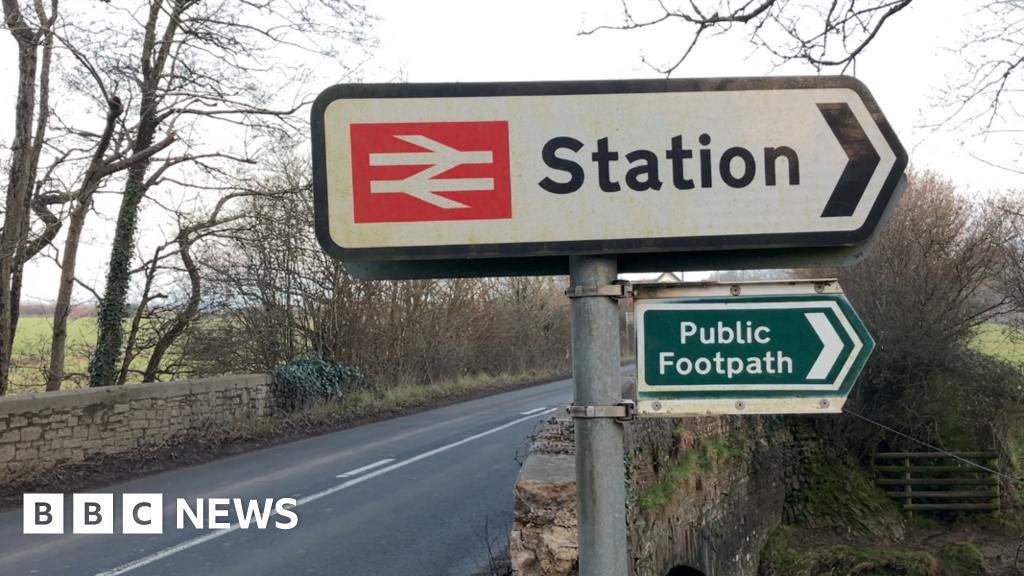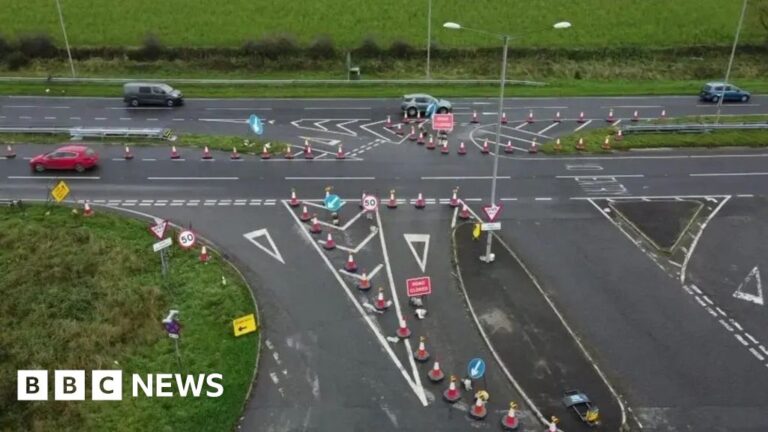Southwest England’s Transport Funding Crisis: Anger Mounts
The lack of transport funding for the Southwest region of England has sparked outrage among politicians and business leaders alike. The Chancellor's recent budget announcement, notably absent of any financial allocation for crucial transport infrastructure projects in the area, has ignited widespread criticism. The absence of funding directly impacts local communities, hindering economic growth and potentially jeopardizing vital transport links. Specific concerns raised include the potential delays or cancellations of planned upgrades to roads, railways, and public transport systems. This lack of investment could lead to increased congestion, longer commutes, and reduced accessibility for residents and businesses. The economic consequences are particularly concerning, as the Southwest relies heavily on tourism and trade, both of which are significantly impacted by efficient and reliable transportation networks. Businesses worry that inadequate infrastructure will deter investment and hinder economic progress. The failure to secure funding also raises questions about the government's commitment to regional equality and balanced economic development. Local representatives are calling for immediate action, demanding a reassessment of the budget and a commitment to securing the necessary resources to support the Southwest's infrastructure needs. The situation underscores the urgent need for improved transport infrastructure to facilitate economic activity and enhance the quality of life for residents across the region. Without sufficient investment, the Southwest risks falling further behind other parts of the country, potentially exacerbating existing economic disparities. This situation is not merely an inconvenience; it's a critical issue impacting the livelihoods of thousands and hindering the region's potential for future growth. The lack of earmarked funding is seen as a significant setback for the region's future development and prosperity. The community's frustration is palpable, highlighting the need for swift government intervention to address this vital infrastructure deficit.








